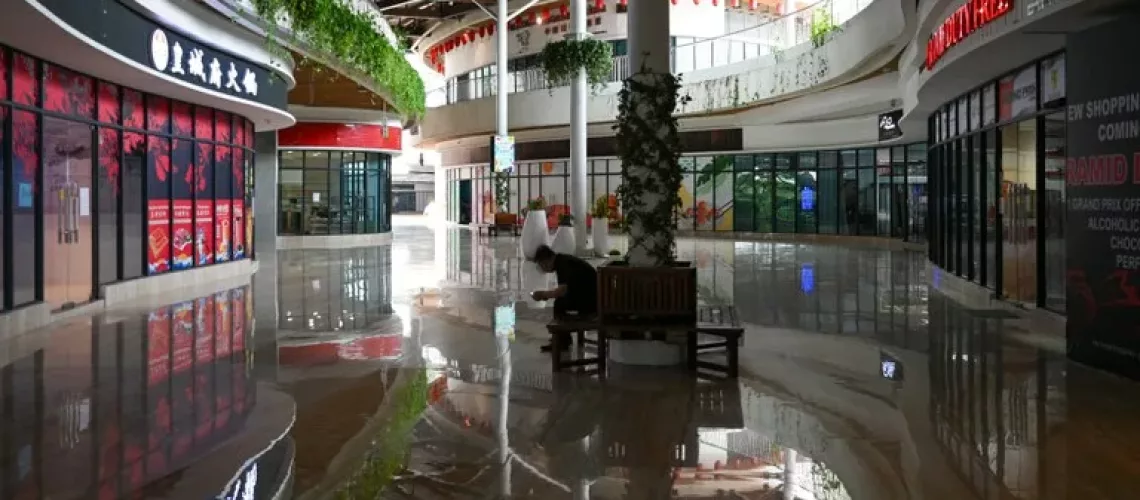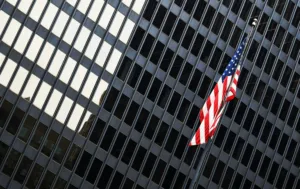Malaysia is making a significant push to revitalize Johor state’s Forest City, a troubled Chinese megaproject, by rolling out a series of incentives aimed at attracting foreign investment, particularly from family offices. The government is banking on these new measures to revive the region’s economic prospects and attract high-net-worth individuals and their family offices to set up operations there.
Forest City, developed by the debt-stricken Chinese developer Country Garden, was once envisioned as a luxury residential hub for Chinese investors. However, it has since earned the unfortunate nickname of a “ghost town,” with large portions of the $100 billion project left unoccupied.
In a move to breathe life back into the project, Malaysia launched a Special Financial Zone (SFZ) for Forest City, which will introduce significant tax breaks starting in early 2025. Companies setting up in the area, including family offices, will benefit from generous incentives, such as a zero-percent tax rate for certain entities. Skilled professionals relocating to Forest City will also enjoy a reduced income tax rate of 15%, significantly lower than Malaysia’s usual tax brackets.
“Forest City will be the first location in Malaysia to offer a zero percent tax rate for family offices,” said Malaysia’s Second Finance Minister Amir Hamzah Azizan during the SFZ launch, attended by prominent state officials. Family offices, which manage the wealth of ultra-high-net-worth individuals, are seen as key to transforming the region into a financial hub.
The incentives, including a tax-free period for some corporations and a special tax rate between 0% and 5% for others, are aimed at attracting international capital and making Forest City a magnet for global family offices and other investors. This is a marked shift from its original design as a residential enclave catering to China’s wealthy elite.
Country Garden’s original vision for Forest City, launched in 2013, was to create a high-end residential development spanning four man-made islands between Malaysia and Singapore, with plans to accommodate 700,000 residents. The developer hoped to ride China’s booming property wave by marketing Forest City as a premier investment opportunity for Chinese buyers. But today, only 15% of the project is completed, and the few who live there describe it as eerily vacant.
Several factors contributed to the downfall of Forest City, including the global economic downturn triggered by the COVID-19 pandemic and financial troubles faced by Country Garden. By mid-2023, the developer defaulted on $11 billion in offshore bonds and entered a period of debt restructuring, further delaying the project’s progress.
Despite these challenges, the Malaysian government views the SFZ as a crucial step in turning Forest City’s fortunes around. Officials hope the region’s proximity to Singapore—a key financial hub—will attract family offices and corporations seeking new opportunities. The SFZ is designed to tap into Johor’s longstanding economic ties with Singapore, with many skilled workers commuting daily across the border.
Critics, however, remain skeptical about whether Forest City can truly pivot from a failed luxury housing development into a vibrant financial center. Carmelo Ferlito, CEO of the Center for Market Education, said, “While the SFZ is a good project, it is important that Forest City evolves into something different. A financial hub, driven by family offices and investment firms, is very different from the original residential vision.”
Still, many local officials are optimistic. Johor state government investment official Lee Ting Han highlighted the infrastructure already in place to support such an initiative, noting that Forest City was originally designed as a duty-free island. He added that the incentives coincided with broader efforts to strengthen economic cooperation between Malaysia and Singapore, including a planned Johor-Singapore Special Economic Zone (JS-SEZ).
The involvement of Malaysia’s King Sultan Ibrahim Iskandar, who is also the Sultan of Johor, may further bolster Forest City’s prospects. The King’s ongoing state visit to China, where he met with President Xi Jinping, could pave the way for more infrastructure projects, including the long-delayed high-speed rail link between Kuala Lumpur and Singapore, which would further benefit the Johor region and its economy.
Overall, there is cautious optimism that the Special Financial Zone and incentives targeting family offices could offer a lifeline to Forest City, transforming it from a failed real estate experiment into a thriving financial and investment hub. While doubts remain, the government’s bold strategy may give Forest City the fresh start it so desperately needs.




